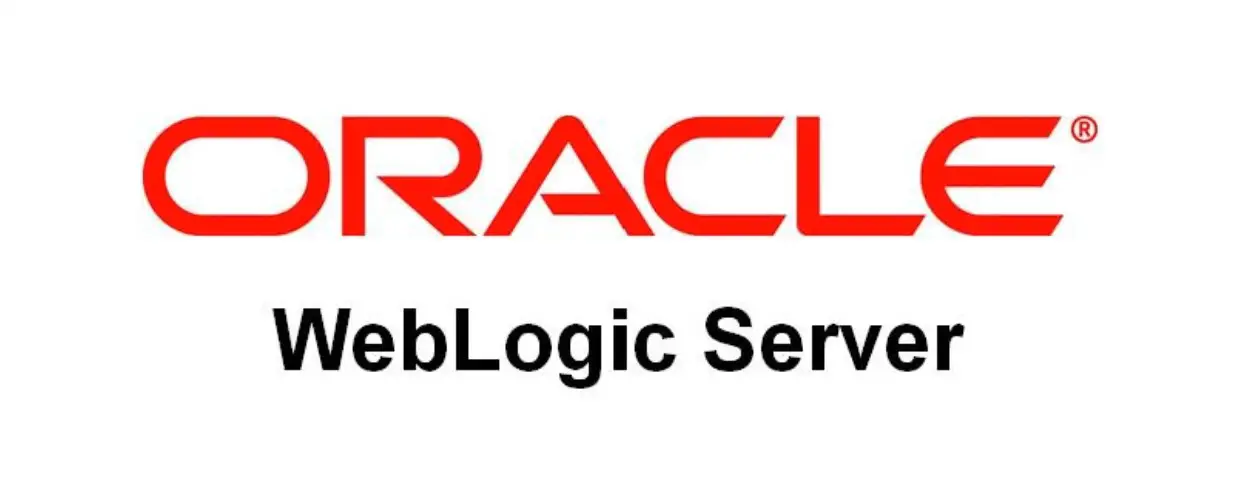
Oracle has recently rolled out its October 2024 Critical Patch Update (CPU), addressing 329 vulnerabilities across a variety of products. Among these are five severe vulnerabilities within the Oracle WebLogic Server Core component, a widely used Java-based application server platform. These vulnerabilities, if left unpatched, could expose users to significant risks, including complete system takeovers, data breaches, and Denial-of-Service (DoS) attacks.
The vulnerabilities affect versions 12.2.1.4.0 and 14.1.1.0.0 of Oracle WebLogic Server, and have been rated with high CVSS scores, indicating their critical nature. The most dangerous of these, CVE-2024-21216 (CVSS 9.8), is particularly concerning as it allows an unauthenticated attacker to exploit the system remotely via the T3 or IIOP protocols. Successful exploitation of this flaw can result in a complete system takeover, giving the attacker full control over the server.
CVE-2024-21216 is a severe vulnerability that allows an attacker with simple network access to exploit the WebLogic Server via the T3 and IIOP protocols, both of which are enabled by default in a standard WebLogic installation. The result? Full control of the compromised server without any need for user interaction.
Four other vulnerabilities, CVE-2024-21274, CVE-2024-21215, CVE-2024-21234, and CVE-2024-21260, all with a CVSS score of 7.5, also affect the same WebLogic Server versions. These flaws can lead to denial of service (DoS) conditions or unauthorized access to critical data.
The T3 and IIOP protocols, used for communication between WebLogic and other Java programs, are often enabled by default in WebLogic installations. This makes these vulnerabilities particularly concerning, as attackers could exploit them to gain unauthorized access to sensitive data or disrupt critical services.
Oracle has acted swiftly to address these vulnerabilities by releasing patches. The company urges all users to immediately apply the updates, especially for WebLogic instances that expose the T3 and IIOP protocols to the internet. Without these critical patches, organizations face heightened risks of remote exploitation and significant operational disruptions.
Related Posts:
- PoC Releases for CVE-2024-21006: Hackers Can Take Over Oracle WebLogic Server
- Hackers target Oracle WebLogic Servers after the release of PoC code
- CISA Warns of Actively Exploited Apache, Microsoft, and Oracle Vulnerabilities
- Hackers Aim at Vulnerable WebLogic Servers
- Hadooken Malware: A New Threat to WebLogic Servers